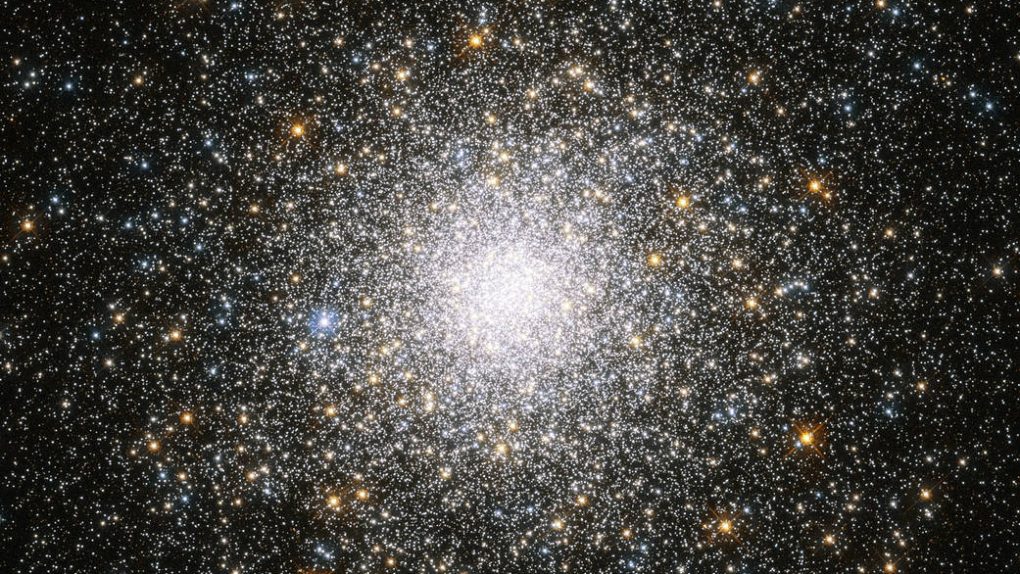Today, astronomers have more tools at their disposal than ever before. Technology has reached a point that scientists can finally spot planets outside of our own solar system. That’s an incredible achievement, of course, but what was at first just a slow trickle of exoplanet discoveries has become an all-out flood, and that’s more of a problem than you might think.
As Space.com reports, astronomers currently know of over 4,100 exoplanets. Those are the alien worlds that have been confirmed to exist and doesn’t take into account the heaps of “exoplanet candidates” that will require additional observation before confirmation. We’ve reached a point where closely examining each and every exoplanet is virtually impossible.
When exoplanet discoveries first began, every newly confirmed world had the potential to reveal untold secrets of the cosmos. Today, with thousands of never-before-seen planets piling up, astronomers have to decide which ones to focus on, and that means many of them don’t get much attention after being discovered.
“It’s gotten to the point that we have so many to choose from now — there’s so many exciting candidates coming in that we actually don’t have to look at every single one and confirm every single one,” Jessie Christiansen of Caltech told Space.com. “You really have to prioritize, you have to look at this list of planets that are coming out and say, ‘OK, which one do we really think we’re going to learn the most about?'”
When there’s a backlog of confirmed exoplanets and exoplanet candidates piling up, it makes sense for scientists to focus on the ones that seem the most interesting. Some types of worlds, like hot Jupiters — ultra-hot balls of gas orbiting close to their host star — may ultimately seem significantly less interesting than rocky worlds hanging out in the habitable zone of their respective stars.
The worst part is that this problem will continue to get worse as tools built to spot new planets become more and more advanced. It’s an issue that researchers are going to have to deal with, but a solution may be hard to find.








